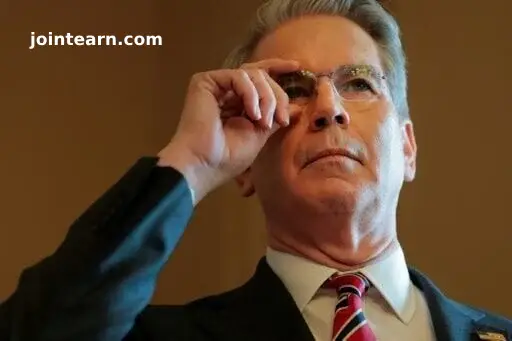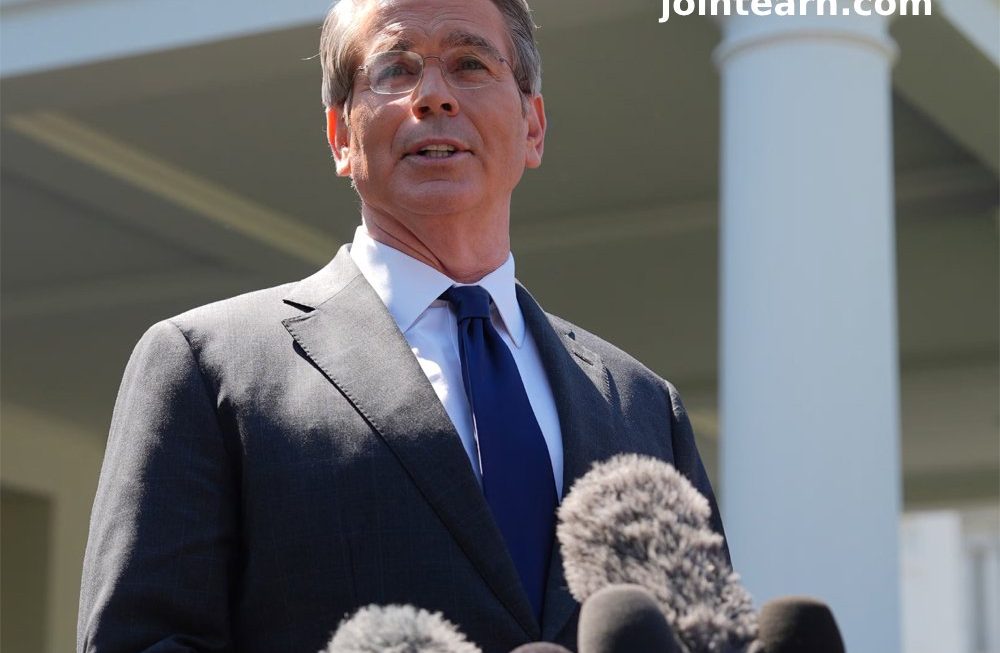In a stark warning to Beijing, Treasury Secretary Scott Bessent stated that China could face up to 10 million job losses if it fails to reduce tariffs amid rising tensions in the ongoing U.S.-China trade war.
Speaking at a White House press briefing on Tuesday, Bessent emphasized that the burden lies with China to remove its trade barriers. He cited external data suggesting that if the U.S. maintains its current 145% tariff rate, China’s economy could suffer deeply, potentially shedding millions of jobs quickly.
“China sells nearly five times more to us than we sell to them,” Bessent said. “The tariffs are unsustainable for China, and the onus is on them to take action.”
Even if U.S. tariffs were lowered slightly, China still risks losing up to 5 million jobs, Bessent added, underscoring the economic impact of Trump’s tariffs on global trade.
U.S. Trade Strategy Targets China, India, South Korea, Japan
Bessent declined to confirm whether current trade negotiations with China are active, despite conflicting statements from President Trump. However, he reiterated that the economic pressure from U.S. tariffs on Chinese goods is creating a critical incentive for Beijing to act.
The Treasury Secretary also highlighted progress in talks with India and South Korea, signaling potential trade agreements. Additionally, he pointed to “substantial” discussions with Japan and noted that any trade deal with Europe would require rolling back digital taxes on U.S. tech companies.
White House Seeks Certainty Amid Market Volatility
As the Trump administration marks the second “100 days” milestone of the president’s term, economic uncertainty has been a central issue. Despite a historically weak stock market performance, Bessent aimed to reassure investors, especially as the White House pursues new trade agreements.
“Certainty will return to the markets as we announce more trade deals,” Bessent said. He noted that individual investors remain confident in President Trump, citing data from Vanguard that shows they’re staying invested, unlike more reactive institutional investors.
Tax Reform and Tariff Revenue to Fund Campaign Promises
Bessent also addressed the administration’s push to solidify the 2017 Tax Cuts and Jobs Act, saying it will deliver long-term certainty for both businesses and individuals. He revealed that revenue from tariffs could support Trump’s tax proposals, such as eliminating taxes on tips, Social Security, and overtime, as well as reinstating interest deductibility for U.S.-made vehicles.
Later Tuesday, President Trump is expected to sign an executive order to ease the burden of tariffs on automakers, a move seen as part of a broader strategy to stabilize the economy ahead of the next election cycle.












